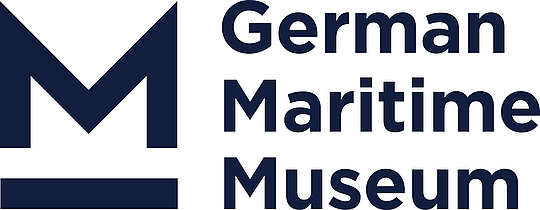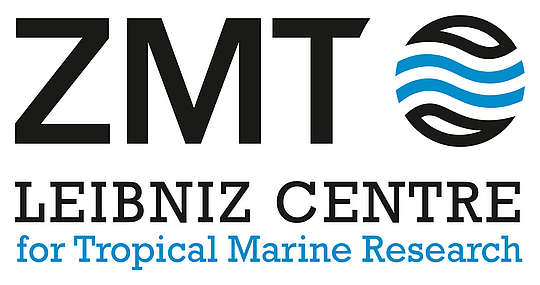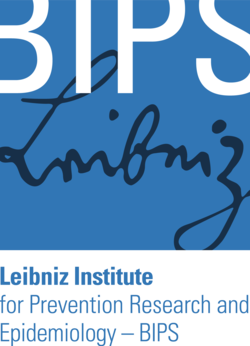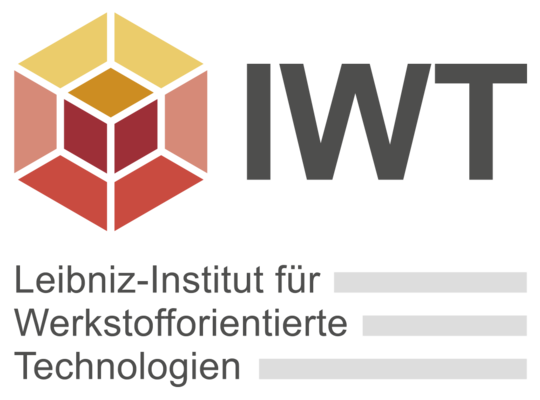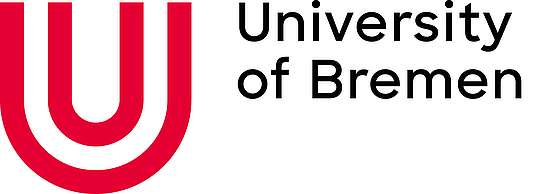Show articles from:
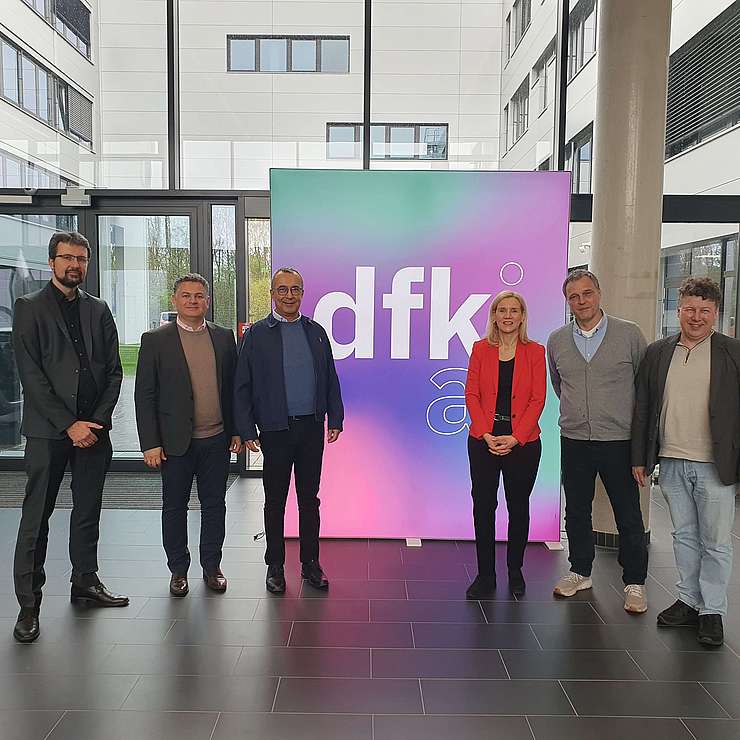
UBRA members jointly intensify international cooperation
09 Apr 2024 - Merle El-Khatib
Last Friday, a delegation of the Brazilian SENAI CIMATEC Innovation and Technology Institute visited U Bremen Research Alliance (UBRA) member, the German Research Center for Artificial Intelligence (DFKI). Together, the UBRA members, the University of Bremen and the DFKI, aim to strengthen the cooperation with the SENAI CIMATEC.
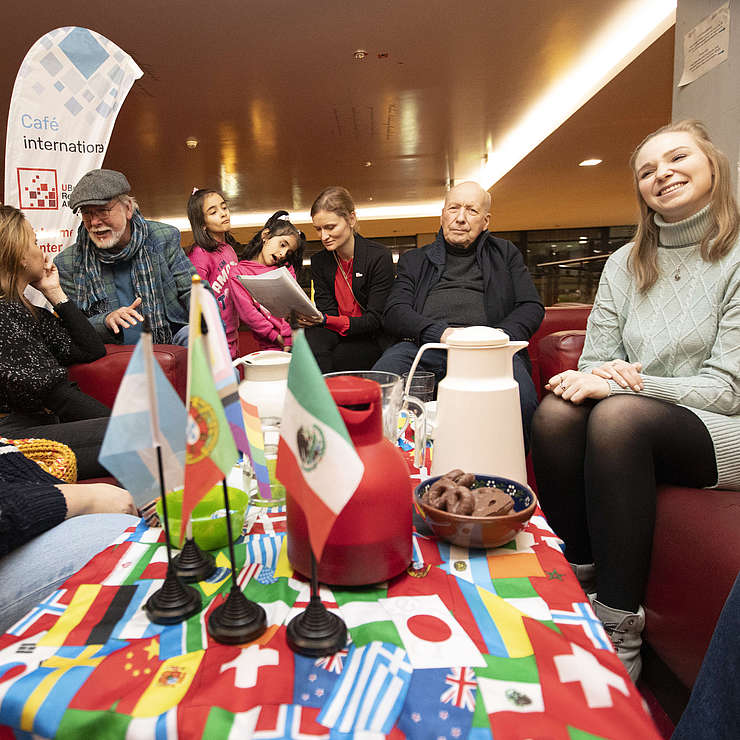
Welcome to Bremen
09 Apr 2024 - Rainer Busch
How do I find an apartment, a place in a daycare center, and how does health insurance work? International researchers who are new to Bremen face a number of challenges. The U Bremen Research Alliance Welcome Center helps them to settle in – in a variety of ways.
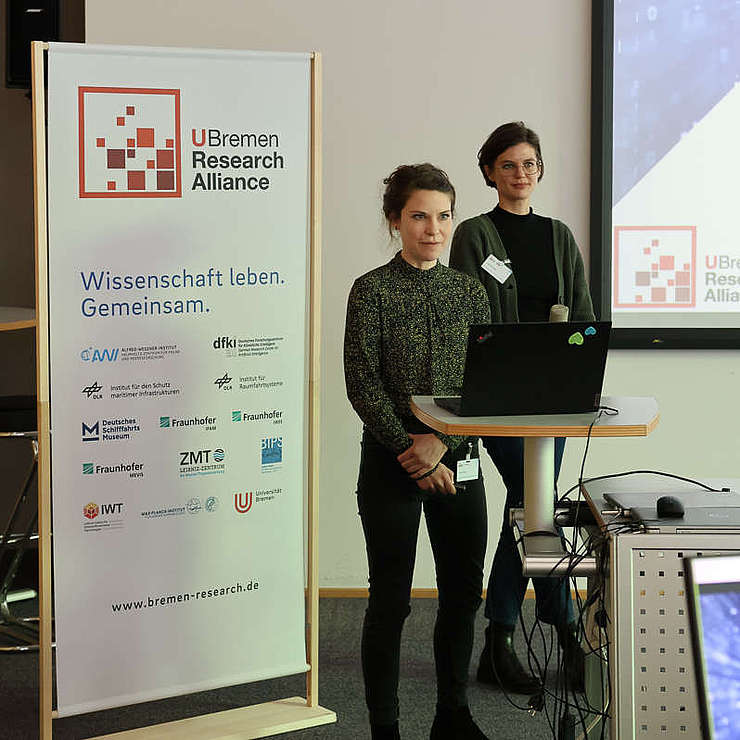
Data Train Kick-Off 2024
25 Jan 2024 - Merle El-Khatib
On January 17, 2024, the U Bremen Research Alliance hosted the Data Train Kick-off event from 9:30 AM to 1 PM at the premises of the Fraunhofer Institute for Manufacturing Technology and Advanced Materials IFAM. The annual Kick-off Event serves to introduce the Data Train program, address current developments in RDM and Data Science, and facilitate networking among Bremen's stakeholders and participants.
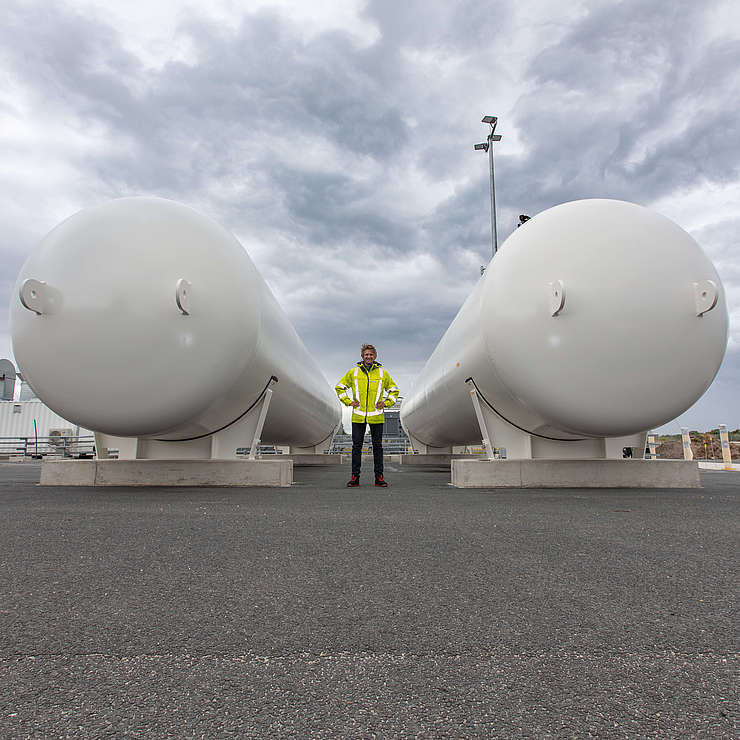
Hot Spot for Hydrogen Research
07 Dec 2023 - Rainer Busch
In the Hydrogen Lab Bremerhaven (HLB), researchers from member institutions of the U Bremen Research Alliance are investigating ways to use hydrogen produced from wind energy to increase electrical supply security. This also benefits the local economy
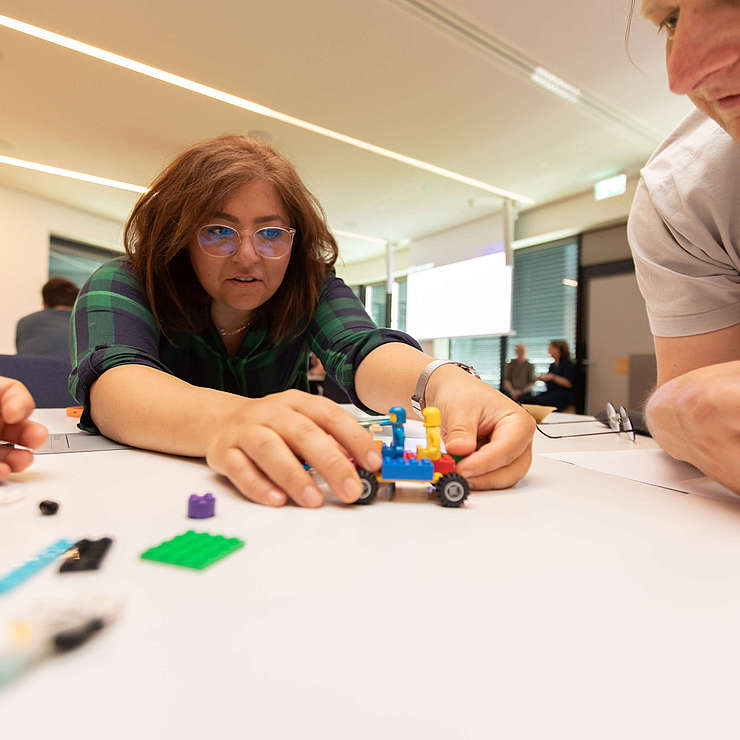
Orientation in the Sea of Data: Research Data Day 2023
16 Nov 2023 - Rainer Busch
On the “Research Data Day,” the U Bremen Research Alliance sought to increase awareness about the proper handling of data for the benefit of research and society.
Without data, there would be no progress in science. But how is this saved, shared, and made accessible or reusable so that new discoveries can be made?
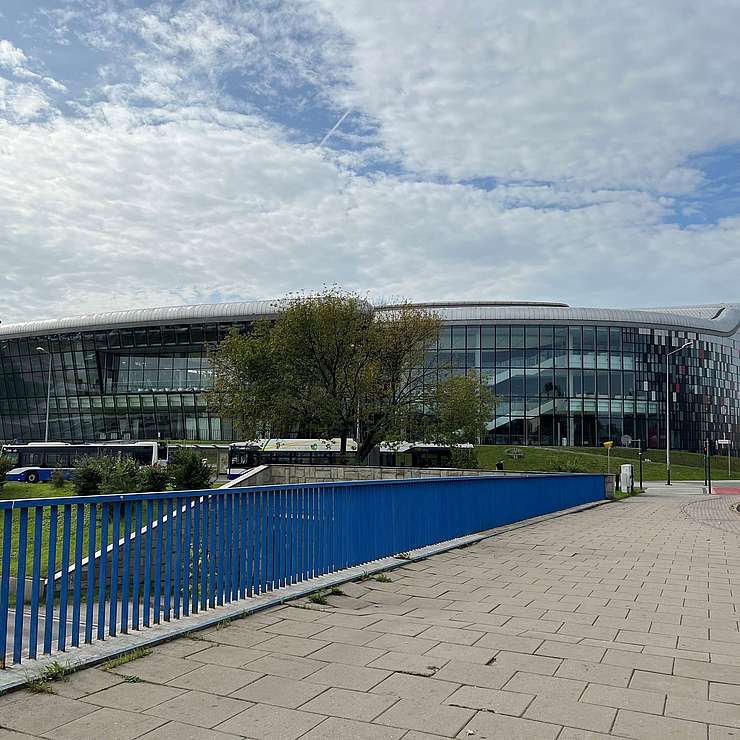
ECAI 2023 in Kraków
09 Oct 2023 - Merle El-Khatib
In order to provide information about Bremen as a science location, the U Bremen Research Alliance exhibited at the European Conference on Artificial Intelligence – ECAI in Krakow in early October. For a special reason: Bremen is hosting the 2026 International Joint Conference on Artificial Intelligence – IJCAI, the international counterpart of the ECAI. This means that, for the first time in over 40 years, one of the largest and most renowned conferences on artificial intelligence is coming back to Germany. Several thousand participants are expected.
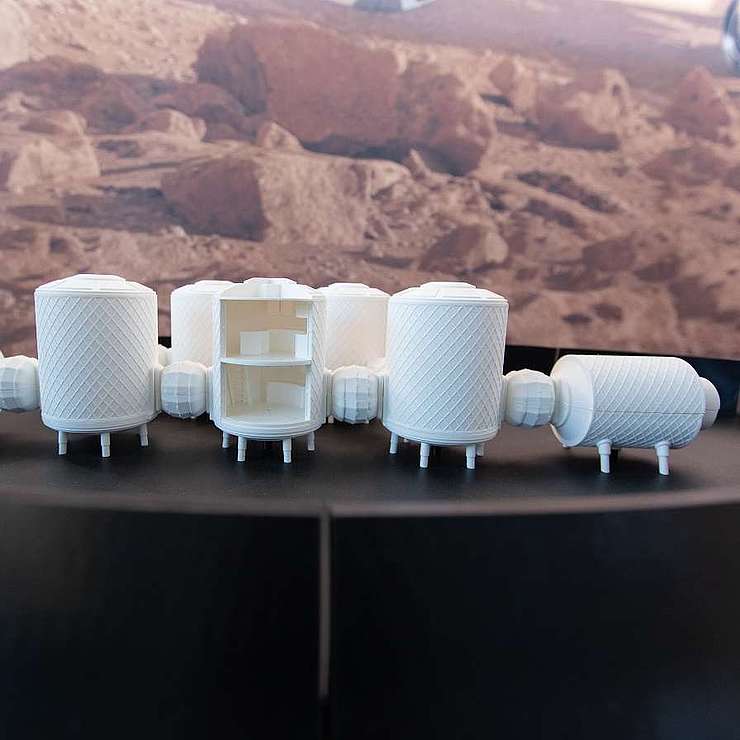
Survival on Mars
04 Oct 2023 - Rainer Busch
Aggressive space radiation, a toxic atmosphere, temperatures averaging minus 65 degrees Celsius, and very low atmospheric pressure: living conditions on Mars are everything but friendly. The Bremen-based “Humans on Mars” initiative is researching radically new solutions for surviving in this extreme setting, which will also benefit humans on planet Earth.
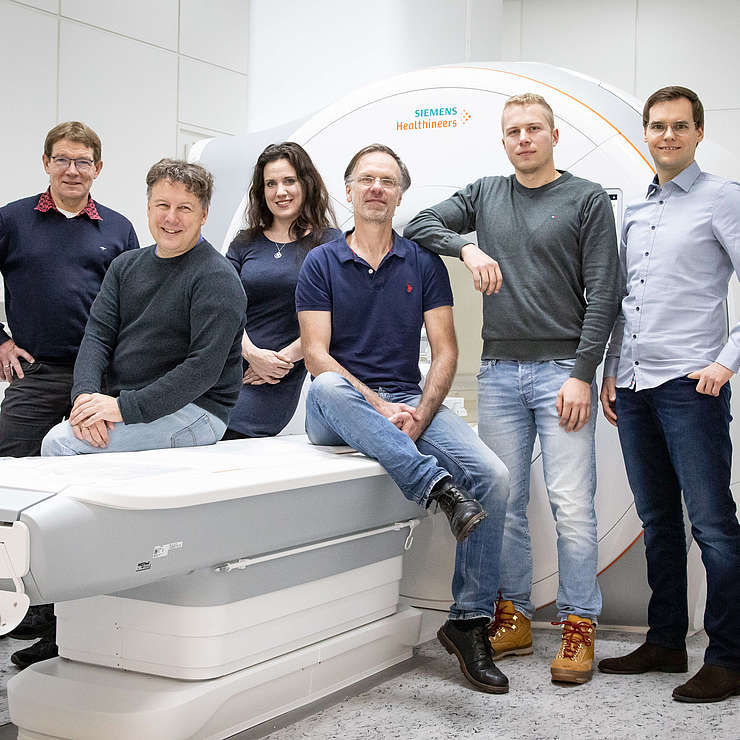
Better Health Care Thanks to AI
01 Jun 2023 - Rainer Busch
Medicine is becoming increasingly complex, not least due to new technologies. Artificial intelligence (AI) aims to help doctors manage the flood of information and make the best possible decisions for their patients. With the recently founded AI Center for Health Care, the state of Bremen is promoting cross-institute cooperation on this future topic through the U Bremen Research Alliance – and is bolstering health research in Bremen.
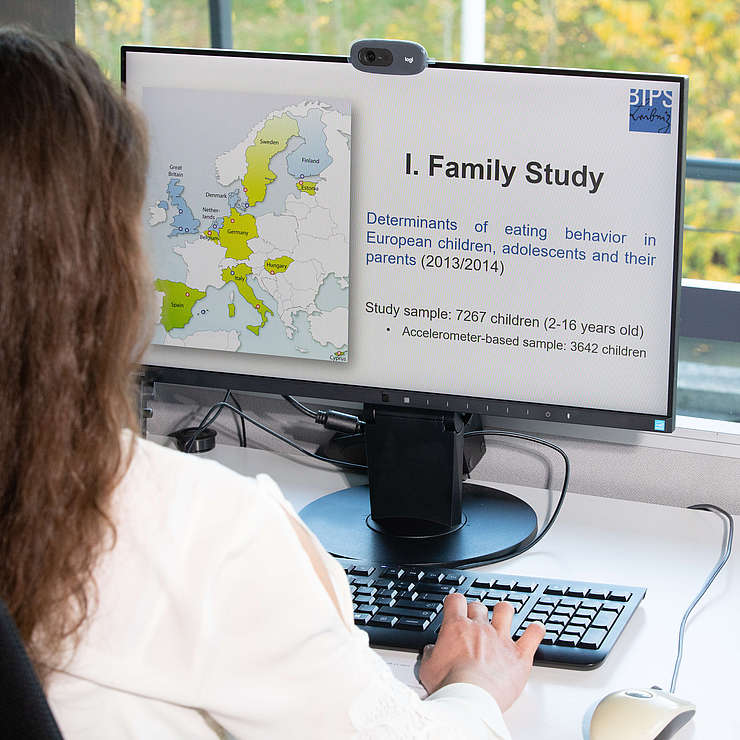
Promoting Young Academic Talent in Digital Health Research
18 Apr 2023 - Rainer Busch
Whether it is exchanging ideas across disciplinary boundaries, diverse networking opportunities, research stays, advanced training, or financial security, the Early Career Research Academy – or ECRA for short – makes all this and a whole lot more possible. The Leibniz ScienceCampus Digital Public Health (LWC) uses the initiative to provide targeted support for junior researchers working in digital health research.
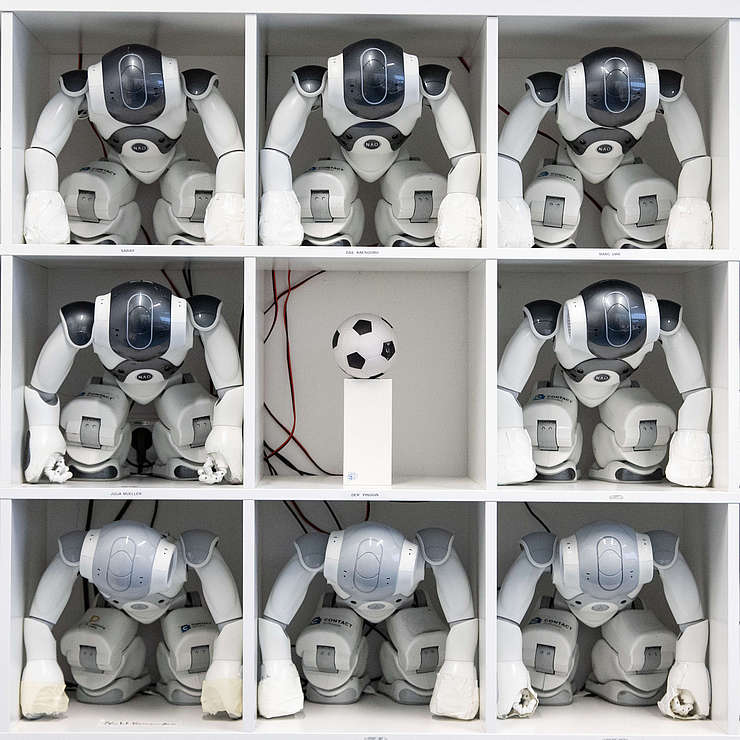
The World Cup Soccer Players
06 Mar 2023 - Rainer Busch
Their superiority is impressive. With 48 to zero goals in seven games, Team B-Human defended its title as world champions at the RoboCup World Cup in Bangkok in 2022. This was its ninth victory, and joins a long list of national successes. Trained by scientists from member institutions of the U Bremen Research Alliance and students, the robot soccer players combine innovative research with varied training and a desire to compete.
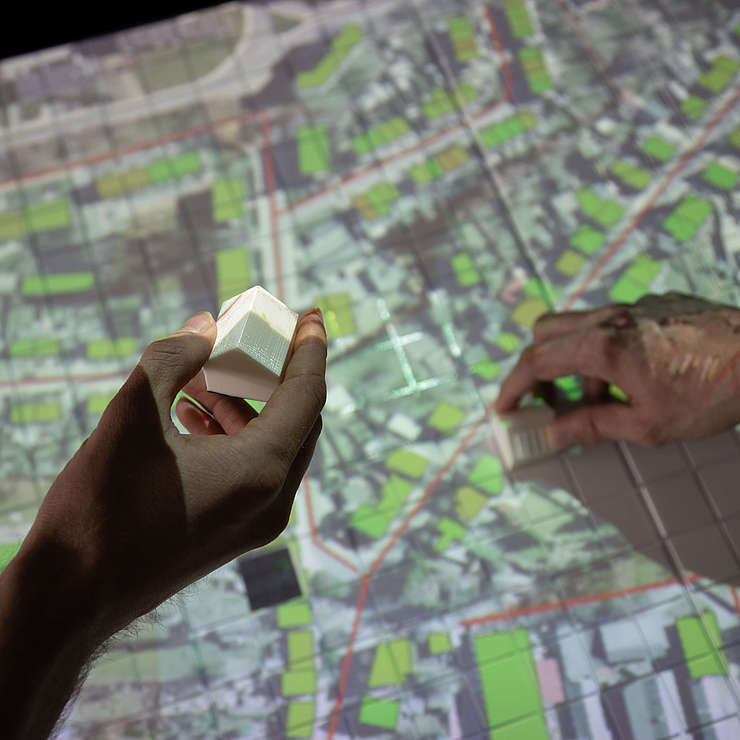
The Climate-Neutral City District – Here's How It Could Work
23 Jun 2022 - Rainer Busch
The transition of our energy system to 100 percent renewable energy is more urgent than ever. Using the example of the Rüsdorfer Kamp neighborhood in Heide, researchers from the U Bremen Research Alliance are developing solutions that are sustainable, resilient, and transferable as part of the "Quarree100" project. Not only should as many people as possible benefit from the knowledge, but they should also be able to broaden it – via open science.
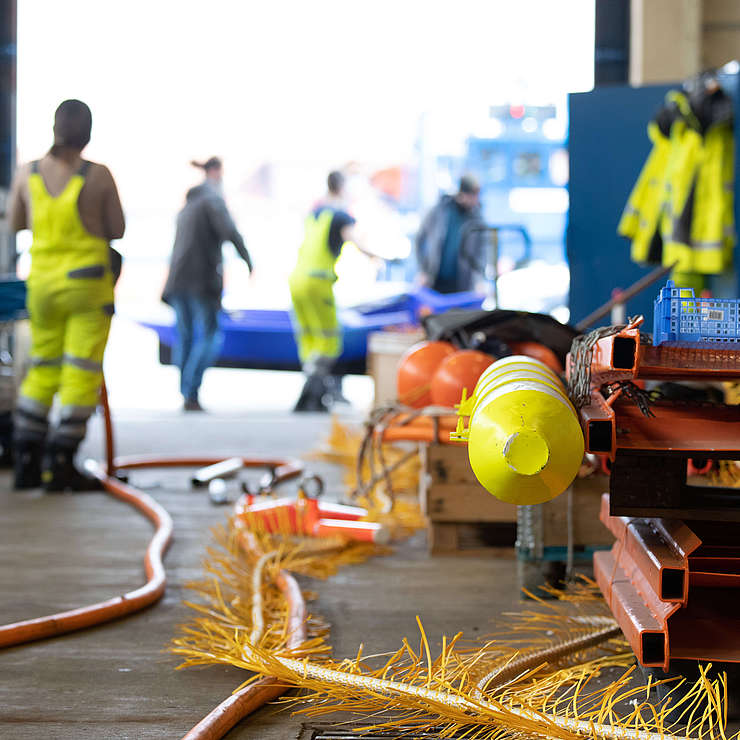
The Ocean Floor under the Microscope
22 Jun 2022 - Rainer Busch
In order for the energy transition to succeed, offshore wind energy needs to be massively expanded. This is not possible without precise knowledge of the ground. Researchers from the U Bremen Research Alliance have developed a method specially tailored to the requirements of the North Sea and Baltic Sea that uses seismic measurement methods to record and identify the subsurface. This enables more efficient and cost-effective construction.
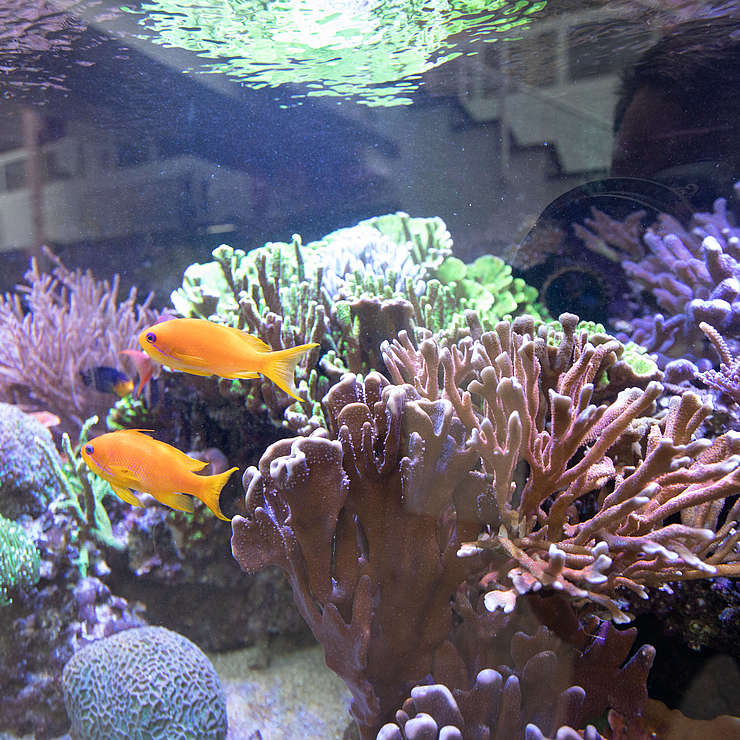
New Approaches to Coral and Biodiversity Conservation
21 Jun 2022 - Rainer Busch
Never heard of the acronym OECMs? Then it's high time you did. It stands for a new instrument for the protection of biodiversity on land and in the sea. Researchers from the U Bremen Research Alliance want to help establish alternative protected areas – for example in the Coral Triangle off Indonesia.
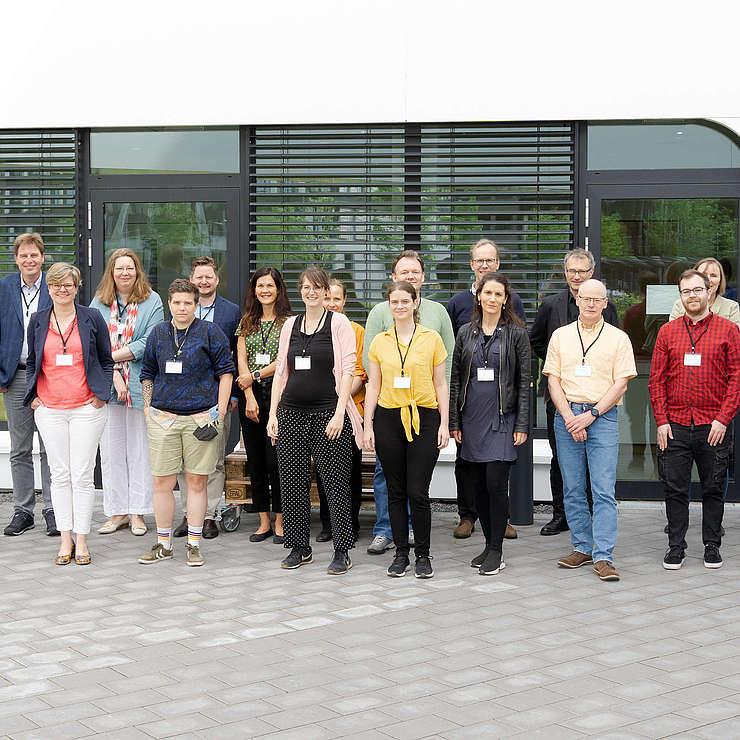
"Towards One NFDI": Local Networking Meeting of NFDI Consortia with Participation from Bremen
24 May 2022 - Tanja Hörner
On May 20, 2022, the first networking meeting of the NFDI consortia in which institutions from Bremen are involved took place at the Fraunhofer MEVIS in Bremen. Representatives of twelve of the 14 consortia of the 1st, 2nd and current application round exchanged information about their activities and possible cooperation, synergies and common challenges.
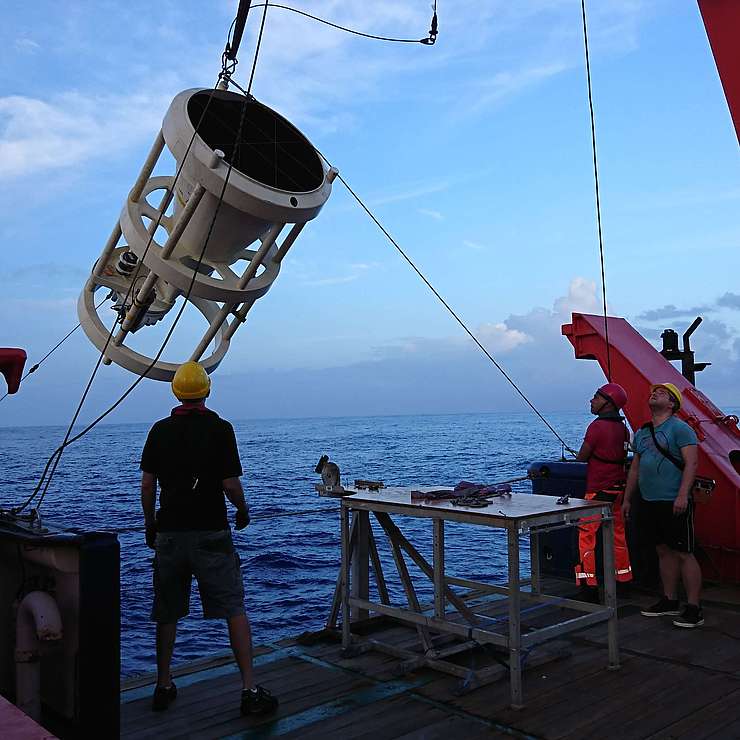
Long-Term Monitoring and Research on the Ocean Floor
26 Apr 2022 - Rainer Busch
It is an environmental and climate archive, a sensitive ecosystem, and important for the global carbon cycle: The ocean floor fulfills many important functions. In the "The Ocean Floor – Earth’s Unchartered Interface” Cluster of Excellence, researchers from the U Bremen Research Alliance are investigating, among other things, the remains of marine plankton that reach the ocean floor from the light-flooded surface. They reveal to the researchers how climate change affects this ecosystem.
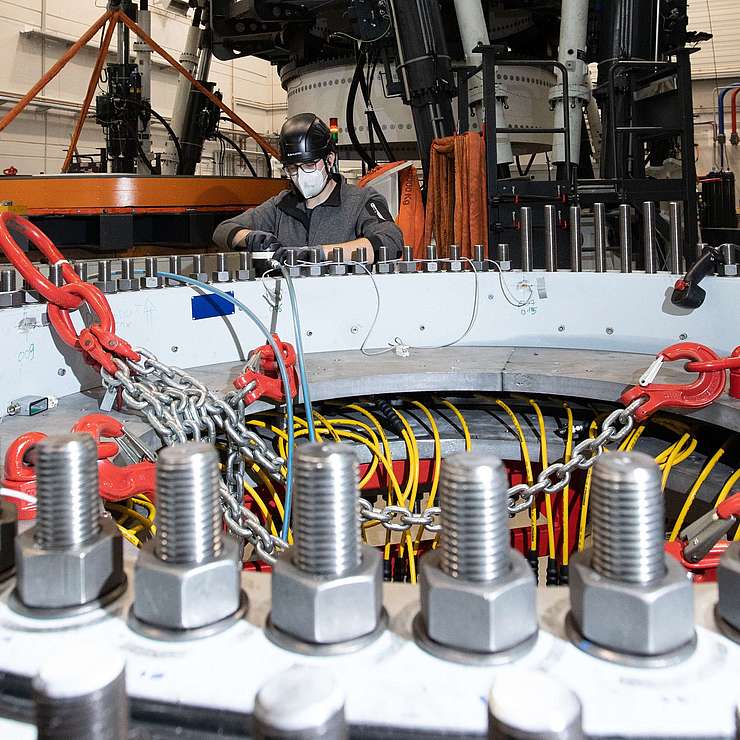
Longer-Term Use of Wind Turbines
15 Mar 2022 - Rainer Busch
Increasing lifetime and safety, decreasing maintenance and power generation costs and CO₂ emission: That is the goal of a research project involving U Bremen Research Alliance member institutions. Researchers from the Leibniz Institute for Materials Engineering – IWT and the Fraunhofer Institute for Wind Energy Systems IWES are focusing on a component of wind turbines that has to withstand a great deal: the rotor blade bearing.
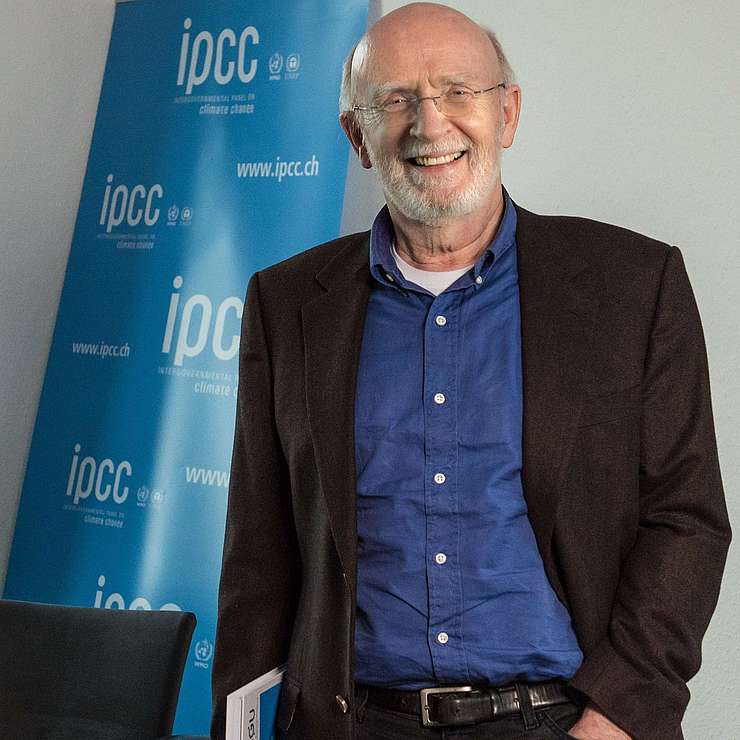
Addressing the Climate Crisis: Bremen Part of IPCC
28 Feb 2022 - Rainer Busch
It documents the world's knowledge on the impact of climate change on ecosystems and biodiversity, on people and nature: In February, Working Group II of the Intergovernmental Panel on Climate Change (IPCC) releases its status report. The influential body is co-chaired by a man from Bremen: Professor Dr. Hans-Otto Pörtner, a cooperation professor from the Alfred Wegener Institute, Helmholtz Centre for Polar and Marine Research (AWI) and the University of Bremen.
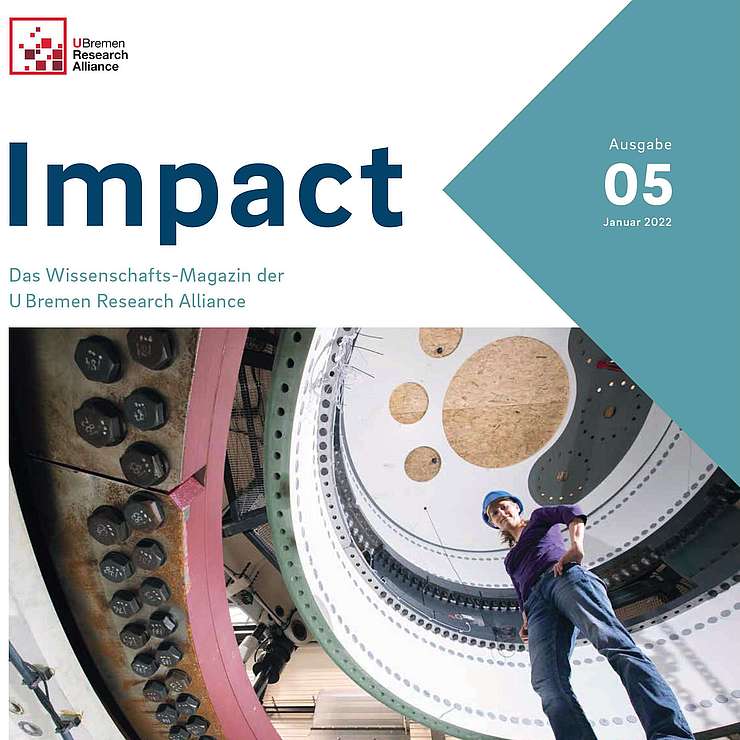
Impact - The U Bremen Research Alliance science magazine. Issue 5
24 Jan 2022 - Timo Joost
Since 2019 the Impact science magazine provides an exciting insight into the effects of the cooperative research in Bremen. Issue 5 was published in January 2022. The topics in this issue: "Using wind turbines longer", "Long-term observation and research on the ocean floor" and "Explaining the climate crisis: Bremen in the Intergovernmental Panel on Climate Change".
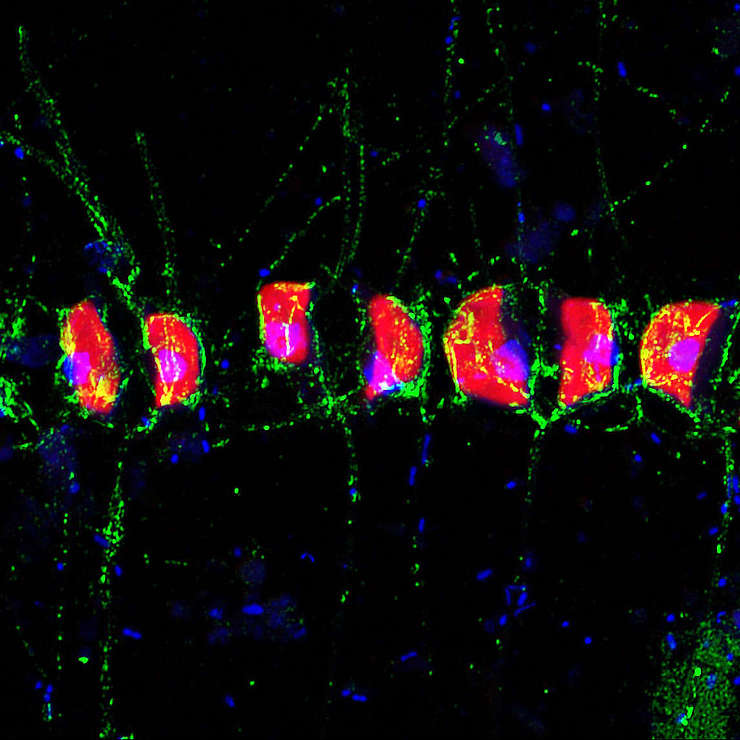
Algal Sugar - Tiny Bonds with Great Effects
03 Jun 2021 - Rainer Busch
Those who are interested in climate change and wish to understand how algae in the oceans bonds with carbohydrates need to take a look at sugar. Dr. Jan-Hendrik Hehemann is sure of that. The glycobiologist and his research group within the U Bremen Research Alliance have been investigating complex sugars – so-called polysaccharides - and have made groundbreaking findings.
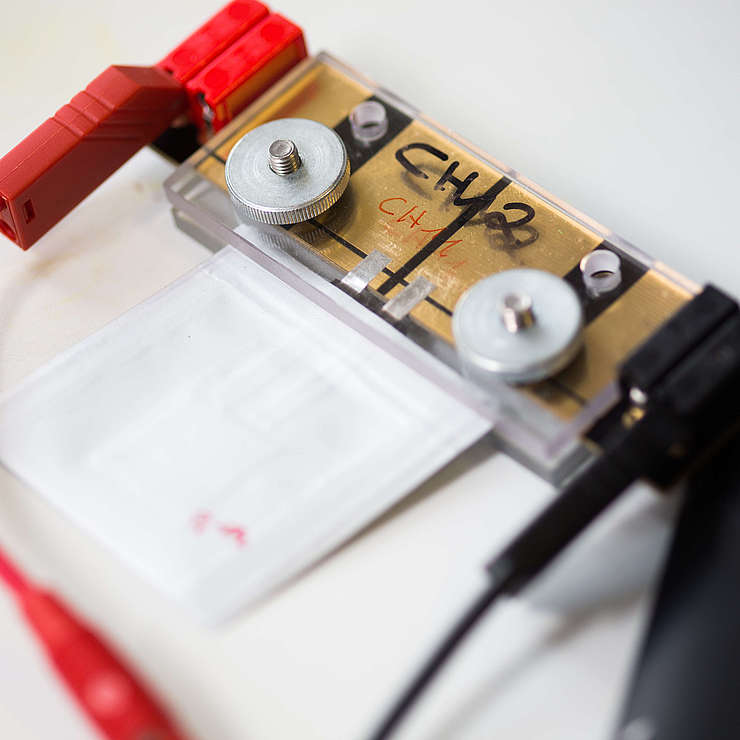
An End to Combustion Motors: Know-How for Better Batteries
02 Jun 2021 - Rainer Busch
They are meant to be increasingly powerful, more durable, and lighter. The next generation of batteries already function in the lab. However, building solid-state batteries on a larger scale so that they can reliably power cars or also airplanes is an entirely different challenge. Researchers from the U Bremen Research Alliance are working intensely on finding solutions suitable for daily life.
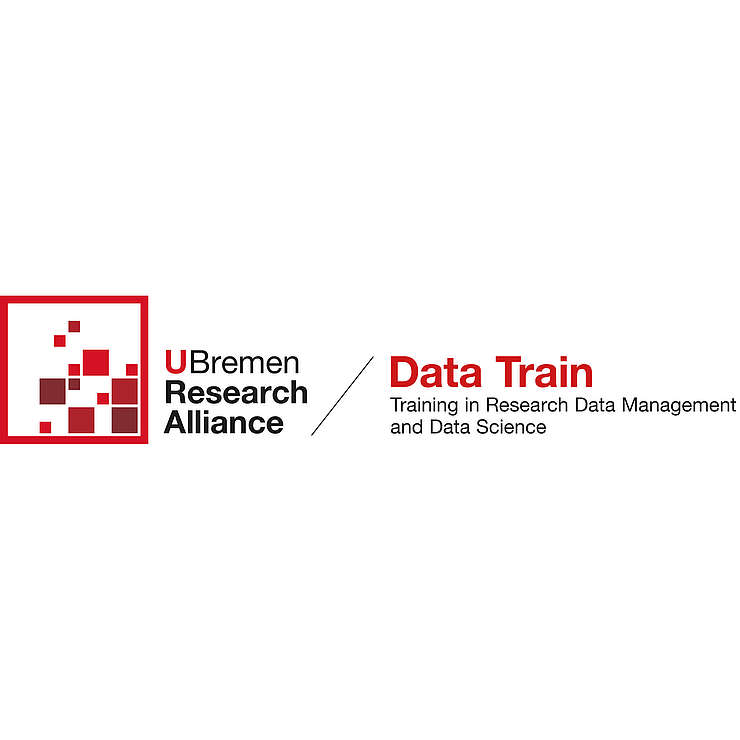
New Findings with Data Train
01 Jun 2021 - Rainer Busch
How is it possible for the scientific sector to use data sustainably, yield new, reproducible findings from it, and develop innovations? With “Data Train - Training in Research Data Management and Data Science,” the U Bremen Research Alliance has created an interdisciplinary advanced training program for PhD students that passes on skills for dealing with research data and when drawing value from data.
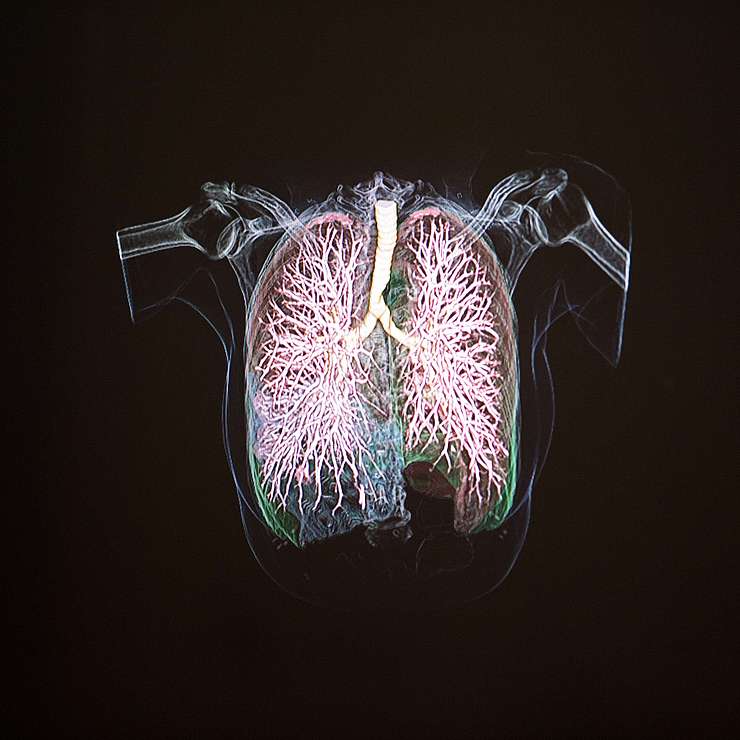
Fighting COVID-19 More Effectively
03 Jan 2021 - Rainer Busch
In the fight against the virus, a great deal would be better if the data that is being used and produced by science were easier to find, standardized, and connectable. This is exactly what the Task Force COVID-19 in the U Bremen Research Alliance is trying to do. “It is not findings that we wish to provide,” says Prof. Dr. Iris Pigeot, task force coordinator and vice president of the U Bremen Research Alliance. “We want to offer the structures so that findings can be made.”
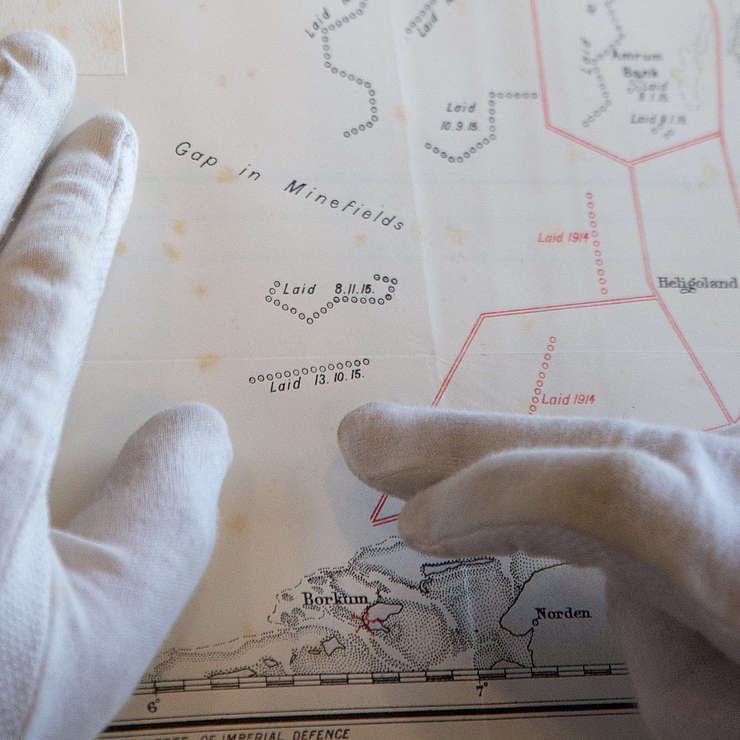
Time Bombs at the Bottom of the Ocean
02 Jan 2021 - Rainer Busch
Hundreds of military wrecks holding remaining munition on board lie at the bottom of the North Sea. The European “North Sea Wrecks” project investigates how dangerous the remains from two world wars are for humans and the environment. Headed up by researchers from the U Bremen Research Alliance, the project has led to a touring exhibition that tells the stories of seamen, ships, and their enduring legacy.
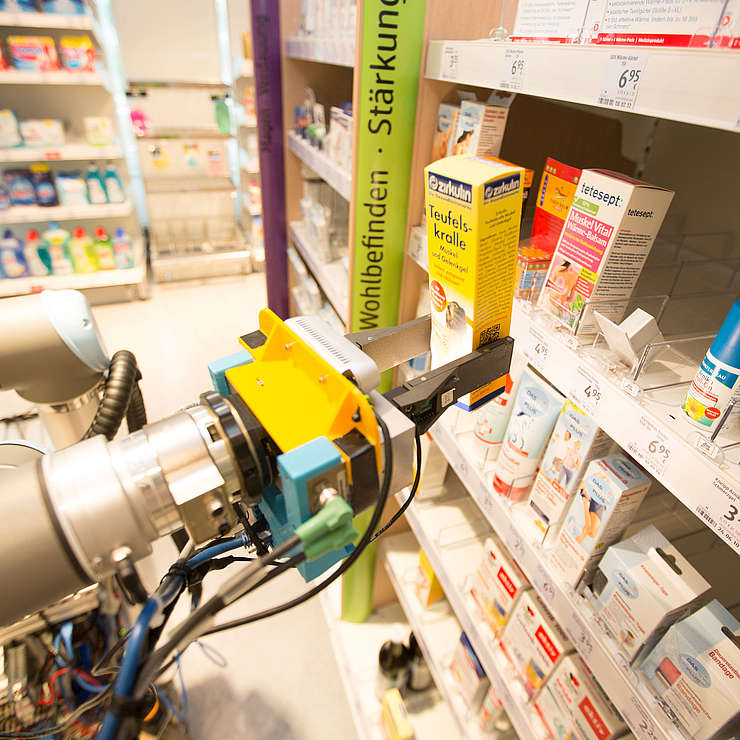
Better Shopping with Artificial Intelligence
01 Jan 2021 - Rainer Busch
Everyone profits from this project: the companies, their staff, as well as the customers. With the help of artificial intelligence, researchers from the U Bremen Research Alliance want to catapult the retail sector into a new era with the project “Knowledge4Retail.” “We want to develop pilot applications that amaze people,” is how Professor Michael Beetz summarizes the aim.
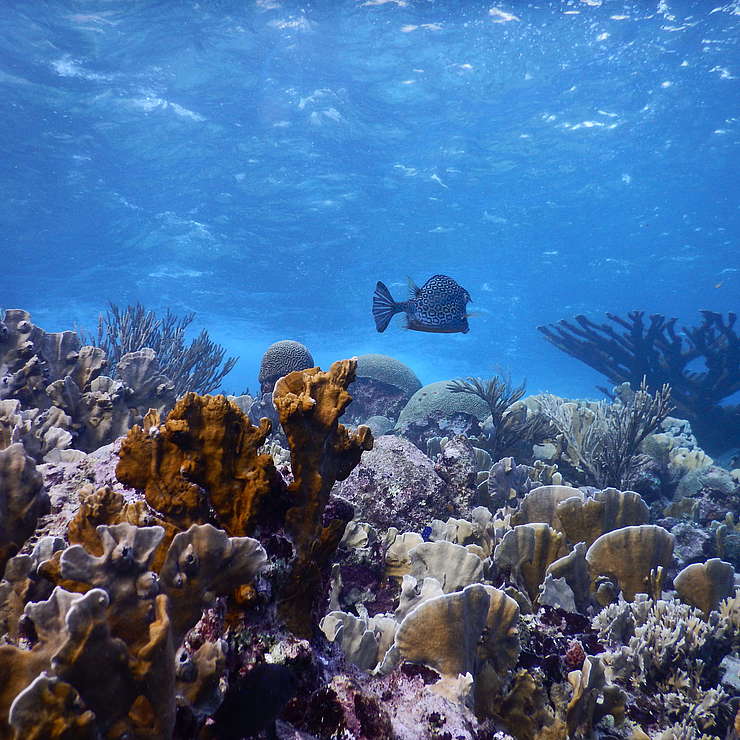
Corals – Witnesses to the Climate Emergency
01 Jul 2020 - Rainer Busch
They are the archives of the oceans. Corals are a great indicator of how much human activities affect our oceans. Funded by the Franco-German fellowship program “Make Our Planet Great Again,” researchers in the U Bremen Research Alliance are studying the extent of global warming in tropical waters.
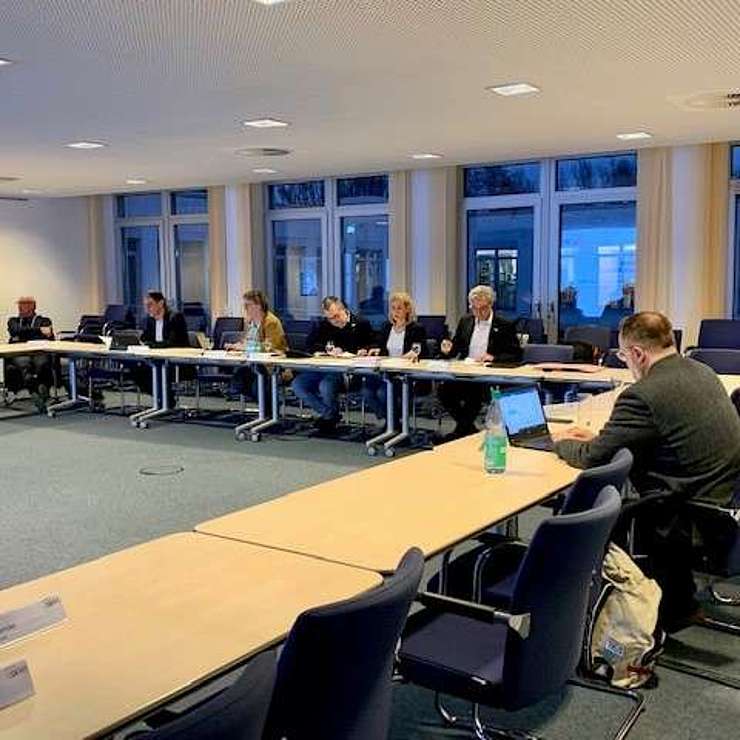
U Bremen Research Alliance general assembly 2023
On December 11th 2023, the U Bremen Research Alliance gathered for the 2023 general assembly at the DLR Institute of space systems. Professor Jutta Günther, President of the University of Bremen and Chairwoman of the U Bremen Research Alliance e. V., welcomed the representatives of the member organizations. After establishing a quorum and approval of agenda and protocol, the Speaker of the Lead Projects gave a review of respective activities in 2023 and an outlook on 2024.
Publications
The U Bremen Research Alliance regularly provides information about the cooperative work of its member institutions with publications such as the Impact science magazine.





